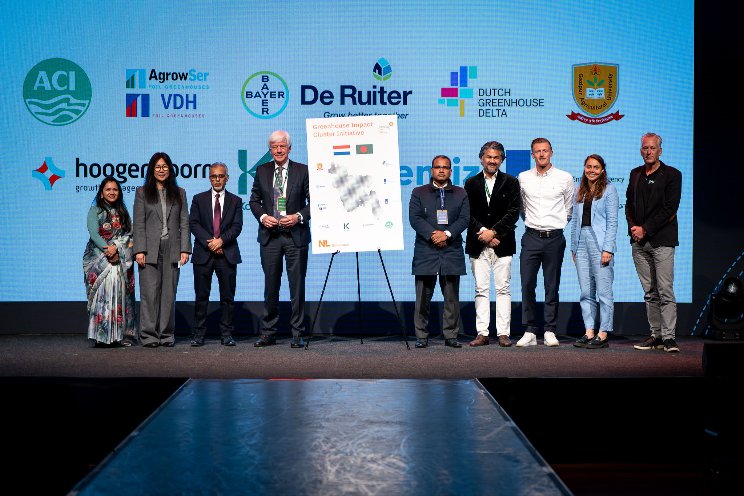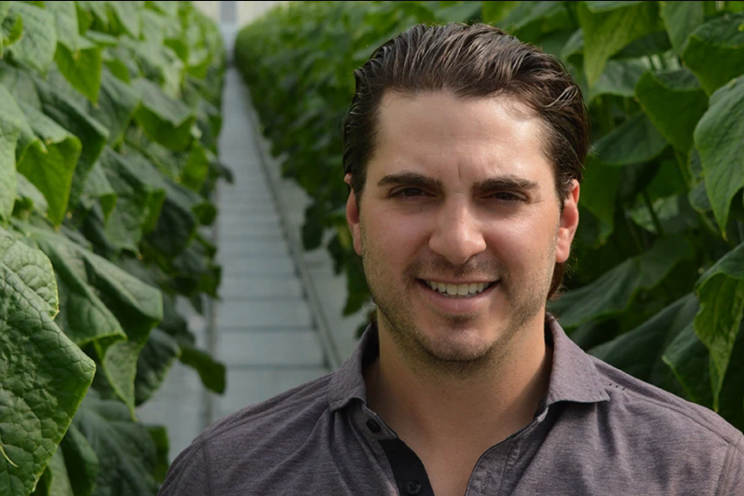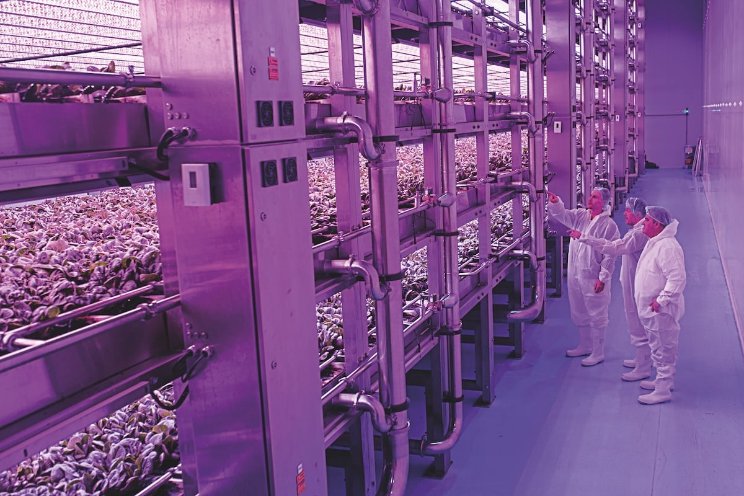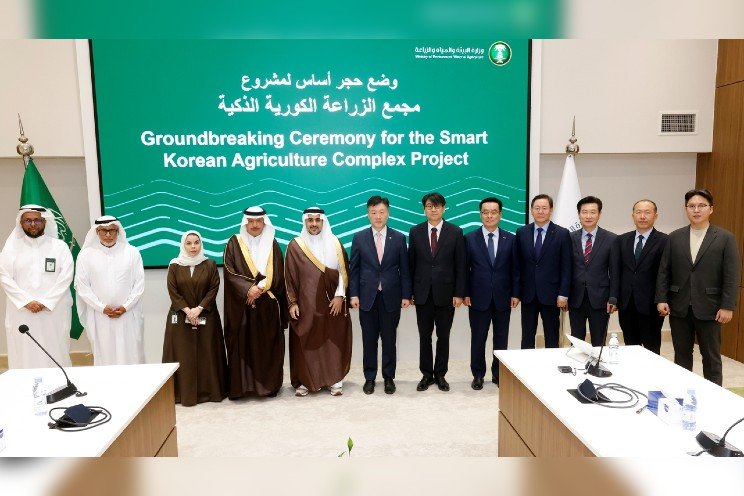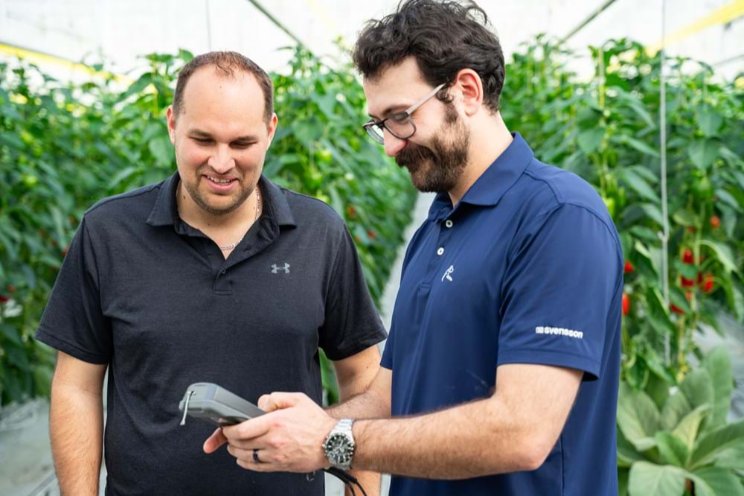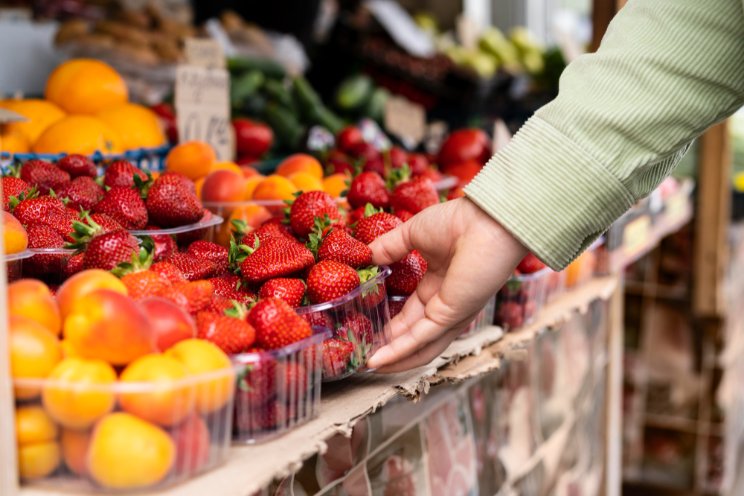The benefits of technology at tomato greenhouse
Added on 10 May 2021
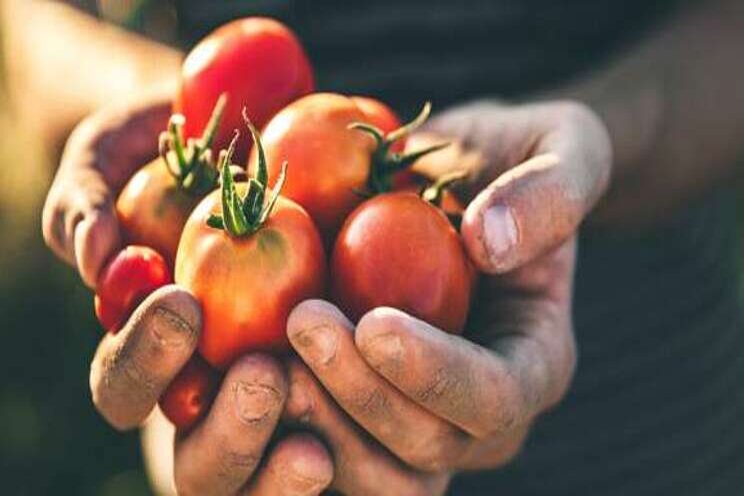
CO2 GRO Inc told investors it has started a commercial feasibility study of its technology with partner Rika Biotech Ltd at a tomato greenhouse in the UK - a market, which is set to rapidly expand due to Brexit and the coronavirus pandemic.
The feasibility study will last a year and aims to assess tomato yield in particular during the spring through fall months when the greenhouse is venting. It will also look at the Perimeter Protection benefit with respect to reducing the spread of powdery mildew and to mull the reduction in CO2 usage costs.
The firm's CO2 Delivery Solutions system is set to revolutionize the global 600 billion square foot protected agriculture industry due to its ability to suppress pathogens and reduce CO2 gas and energy usage.
The technology dissolves and saturates CO2 gas into water creating a bubble-less aqueous CO2 solution. When the solution is misted onto high-value plants it increases revenue to greenhouse growers by up to 30% through a combination of larger plants and shorter crop grow time.
"After our first two commercial feasibilities being in France and The Netherlands, we are proud to begin our first commercial feasibility at home," said Harry Hoskyns Abrahall, principal of Rika in a statement.
"The UK greenhouse market is set to expand quickly. Our strategy is to demonstrate the benefits of CO2 Delivery Solutions to be part of the coming expansion," he added.
The UK government estimates the annual revenue of greenhouse-grown fruit and vegetables to be nearly Ł340 million grown in 50 million square feet of greenhouse space with the top three grown being mostly tomatoes (Ł230 million), peppers and cucumbers.
CO2 GRO highlighted parts of an article in the HortiDaily magazine published April 30, 2021, which said food security in the UK had been brought into 'sharp focus' as a result of both Brexit and the coronavirus pandemic and there was now extra demand on UK growers.
Brexit means there are greater restrictions on overseas growers, making it more difficult to import goods, while UK growers produce around 20% of the total tomatoes consumed, the article noted.
Recent expansions show British growers are ready to meet demand through sustainable approaches, but the high level of investment needed to build a glasshouse (approximately Ł1m per hectare) puts limits on that rapid expansion, noted the article.
Rika Biotech develops large-scale anaerobic digesters for UK, Belgium and Dutch markets.
Source and Photo Courtesy of Proactive
Source: Proactive
More news
